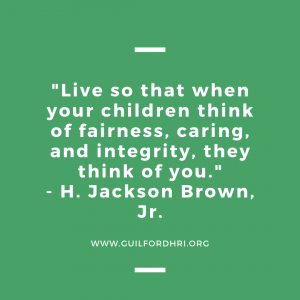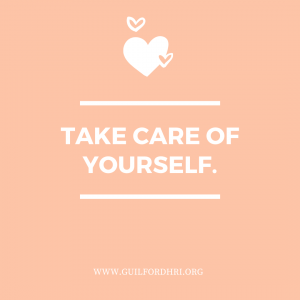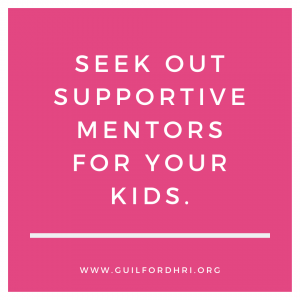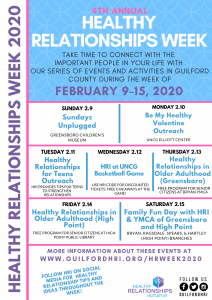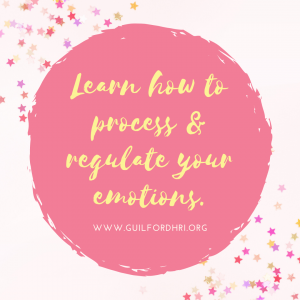
By Eleanor Beeslaar, HRI Graduate Assistant
Friendship is an important part of life! Friends often make up a large portion of our support system, and in some cases, they may even be our chosen family. Maintaining healthy friendships and sharing deep connections with others can improve our overall well-being and life satisfaction. Friends can help us navigate life challenges and provide support during difficult times, while also being there to celebrate our successes and embrace the joys of life. They help us feel connected and reduce feelings of loneliness and isolation, especially during stressful life events. Friends can also increase our sense of belonging and purpose in life!
It’s clear that having strong and meaningful friendships is a key aspect of living a happy and healthy life. However, making friends as an adult can often be challenging. As an adult, there are many responsibilities, stressors, and life events that can become barriers to forming and maintaining strong friendships. For example, moving to a new place for a job or professional school can present a challenge to keeping up with friends from back home, as well as making new friends in an unfamiliar place. Additionally, priorities such as taking care of kids, establishing a career, and household tasks often take precedent over friendships during adulthood. Though life transitions and taking care of responsibilities are necessary, it’s also important to be intentional about building and maintaining healthy friendships during adulthood!
HRI is excited to help you establish and maintain healthy friendships as an adult by providing helpful information and tips about making friends as an adult, finding friends in a new place when going through life transitions, and learning to manage growing apart from friends. Stay tuned throughout the rest of this week to learn more!



